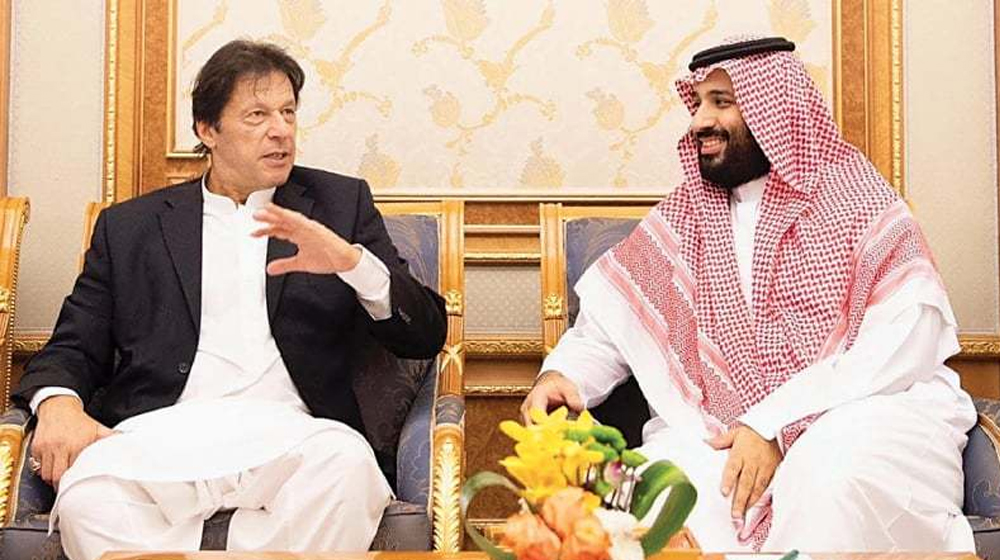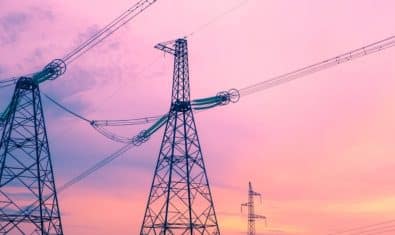The much-celebrated $3.2 billion Saudi oil facility to Pakistan is facing a delay as the Kingdom is not ready to swerve even a little bit on its terms.
The deferred oil and gas payment facility was part of a bailout package worth $6 billion offered by Saudi Arabia to salvage Pakistan from its balance of payment crisis.
However, Pakistan has been unable to move forward with the agreement. The Kingdom does not want the Pakistani Oil and Gas Regulatory Authority (OGRA) and the Hydrocarbon Development Institute of Pakistan (HDIP) involved in the testing of petroleum products being imported under the deferred payment facility.
The two countries had signed a financing agreement for the import of crude oil, LNG, and petroleum products on February 17 while the Saudi crown prince was visiting Pakistan.
The Petroleum Division has present a summary on an urgent basis before the Economic Coordination Committee (ECC), seeking relaxation in rules so the deferred payment facility can be availed and the pressure on the currency’s forex reserves is relieved.
Under the said agreement, the Pakistani government will import the aforementioned products costing $3.2 billion annually. It amounts to $270 million every month on a 12-month deferred payment basis.
The agreement can extend to cover two more years if the two parties agree to it. The Pakistani government will have to provide an unconditional and irrevocable sovereign financial guarantee.
ALSO READ
Pakistan Might Not Get $3.2 Billion UAE Delayed Oil Payment Facility: Report
Procedural Delay
As per the agreement, the National Refinery Limited (NRL) and the Pak-Arab Refinery Company (PARCO) will receive crude oil from the Saudi Aramco Product Trading Company.
Moreover, the Pakistan State Oil (PSO) and the Pakistan LNG Limited (PLL) will procure LNG and petroleum products from the Saudi company respectively.
PARCO and the NRL are already getting crude oil from the Kingdom under the long-term arrangements. However, the PSO still has to strike a sale-purchase agreement with Saudi Aramco for the import of petroleum products.
Being a public sector company, PSO is bound to import petroleum products under the provisions of the Public Procurement Rules 2004. Therefore, it is unable to meet the condition of open competitive bidding provided for in the financing agreement.
However, the rule-5 of the PPRA 2004, cases involving the federal government in international and inter-governmental commitments are exempted.
The HDIP laboratory is designated to test products at the discharge port before unloading. However, the Saudi Aramco insisted that the quality should be determined and finalized on the test results of an independent laboratory as per the International Chamber of Commerce’s Incoterms 2000.
If Pakistan agrees to this condition, the prevailing procedures for sampling and testing of imports of petroleum products by OGRA will require relaxation. Therefore, the petroleum division needs a waiver from the ECC to operationalize the deferred payment facility.


























AB Ye Mohammad BIN SALMAN kI Hoshiyaari hai :
Raise your hand if you are surprised….